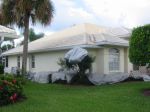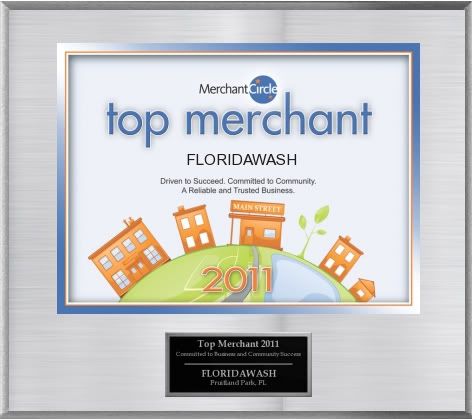The Roof Cleaning Institute Of America Training & Certification Forum
"Find A Certified Roof Cleaner Directory"
"Find A Certified Roof Cleaner Directory"
| Post Info | TOPIC: Hmmmm, just thinking? Is there a Chlorine Neutralizer, that can be soaked into the ground by plants ahead of time? | ||||||||||
|---|---|---|---|---|---|---|---|---|---|---|---|
|
|
|
||||||||||
|
|
|
||||||||||
|
|
|
||||||||||
|
|
|
||||||||||
|
|
|
||||||||||
|
|
|
||||||||||
|
|
|
||||||||||
|
|
|
||||||||||
|
|
|
||||||||||
|
|
|
||||||||||
|
|
|
||||||||||
|
|
|
||||||||||
|
|
|
||||||||||
|
|
|
||||||||||
|
|
|
||||||||||
|
|
|
||||||||||
|
|
|
||||||||||
|
|
|
||||||||||
|
|
|
||||||||||
|
|
|
||||||||||
|
|||||||||||
|
|
||



|





